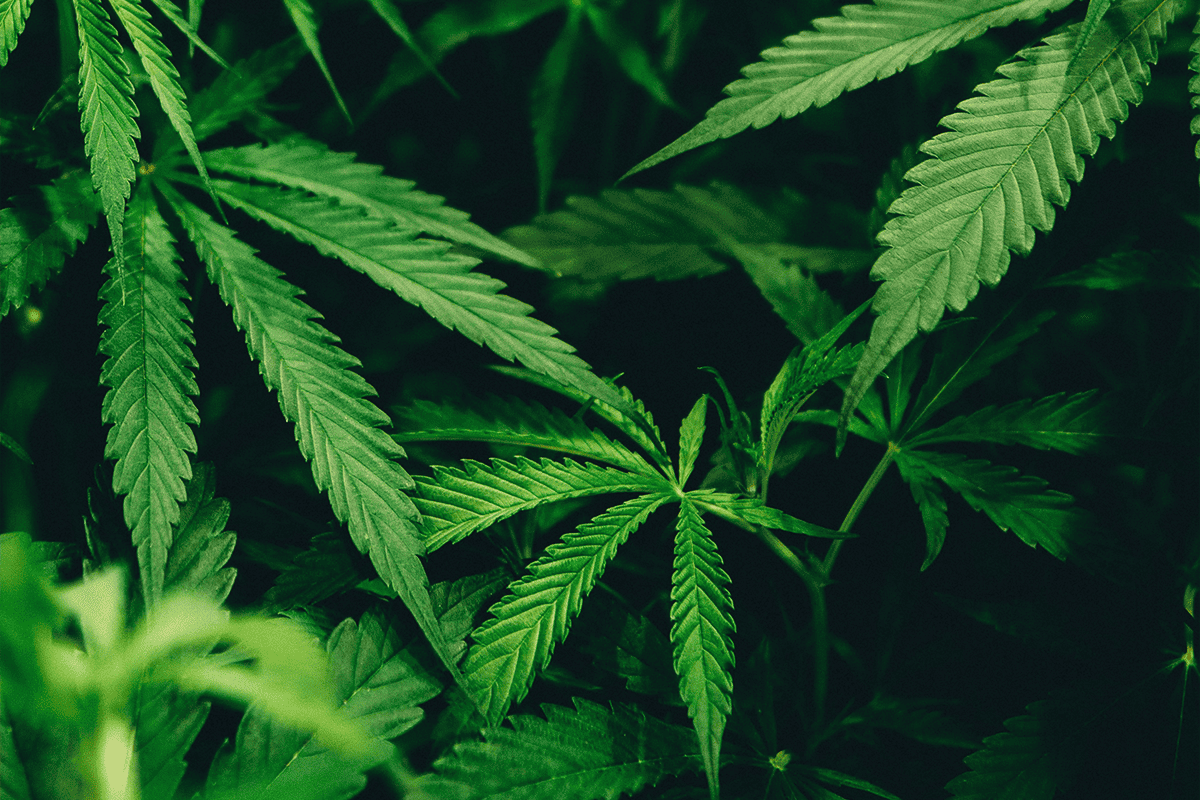Bill to ban a form of THC from being sold as ‘hemp,’ other restrictions, continues progressing

TALLAHASSEE, Fla. – A bill passed through its second committee stop Monday that would ban delta-8 THC, short for tetrahydrocannabinol, from being sold as “hemp,” along with other regulations on the hemp industry.
The bill revises the definition of “hemp” and makes clear that it not include synthetically or naturally occurring versions of controlled substances, such as delta-8 THC. The bill says products containing these substances could no longer be legally sold as “hemp.”
According to the bill’s analysis, this will revise the definition of hemp to specify that hemp extract “may not exceed 0.3 percent total delta-9 THC concentration on a wet-weight basis or may not exceed two milligrams per serving and 10 milligrams per container on a wet-weight basis, whichever is less.”
HB 1613 is being carried by Rep. Tommy Gregory, R-Lakewood Ranch, in the House.
The bill passed 8-4 though the House Agriculture & Natural Resources Appropriations Subcommittee Monday and previously passed through the Agriculture, Conservation & Resiliency Subcommittee by a vote of 11-5. It has one more committee stop in the House.
An identical bill, SB 1698, is being carried by Sen. Colleen Burton, R-Lakeland. The Senate companion previously passed both committees and is scheduled for the special order calendar on Feb. 14.
In 2023, the Florida Legislature passed SB 1676, which specified that hemp extract products are food products that the state can regulate under its food safety regulations.
The law requires any hemp extract that will be distributed and sold in the state to have come from a batch that was processed in a facility that holds a current and valid permit issued by a human health or food safety regulatory entity with authority over the facility.
Hemp extract products are available throughout the state in various forms, such as oils, lotions, and gummies. These products are only authorized to be distributed if the product meets certain requirements.
Currently, hemp extract products may not be sold to individuals under the age of 21.
The bill also revises the definition of “attractive to children” to expand the types of hemp products under the definition.
This includes products that are manufactured “in the shape of or packaged in containers displaying humans, cartoons, animals, toys, novel shapes, animations, promotional characters, licensed characters, or other features that specifically target children,” according to the bill’s analysis.
It also includes products that “bear any reasonable resemblance” to an existing snack product intended for inhalation that are flavored.
The proposal expands the lab testing and packaging regulations that currently apply to hemp extract distributed or sold in Florida. Under the bill, these will apply to hemp extract manufactured, delivered, held, or offered for sale in the state.
During public comment, lawmakers heard public testimony both in support of and against the bill.
One speaker, who said he is a hemp farmer, spoke against the bill and said the bill has the possibility to shut down 479 hemp farms in Florida.
One woman spoke in favor of the bill and said it “protects consumer health and safety.”
Rep. Shane Abbott, R-DeFuniak Springs, who is a pharmacist, spoke in support of the bill during debate and said this topic is “something that we’ve needed to look at and address.”
“I don’t deny that many individuals benefit from these hemp products, but I’ve heard five milligrams up to 1,500 milligrams. I’m a pharmacist also, I’ve never heard of a therapeutic dosing range anywhere close to that. Five to 1,500 is incredible,” Abbott said.
Abbott said he believes Gregory will continue to work on the bill to “find a great landing spot.”
Rep. Hillary Cassel, D-Dania Beach, spoke against the bill in debate.
Cassel said there is $16 billion of economy where consumers have “said that they want this product.”
“To know that your hard work is literally going down the toilet, because we’re just here again, asking you to change your products again, and I said it in our last committee stop, we’re regulating a food and we’re telling it not to be a food, and I don’t know how we’re going to do that other than to shut you down,” Cassel said.
Cassel said she believes the result of the bill’s passage will be the closing of businesses and she is concerned people will leave and go to another state in search of the product.
She noted fear consumers will buy these products from the black market or off the internet, and will be “unaware what is contained within the products.”
The bill provides an effective date of July 1.



